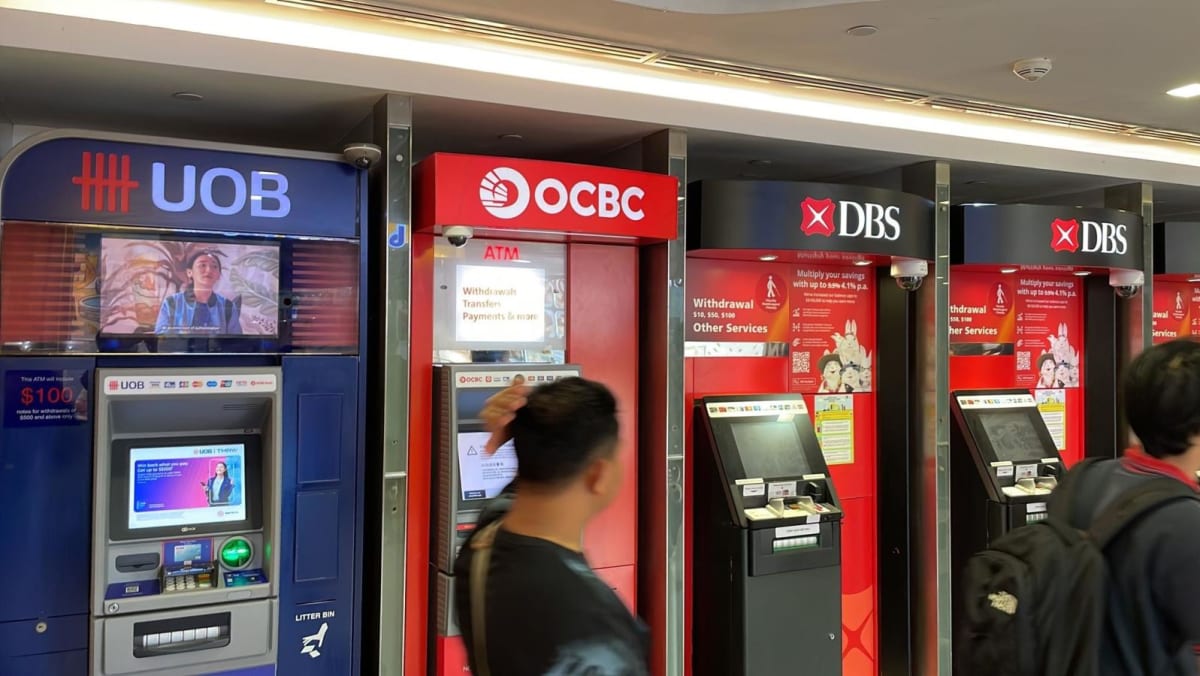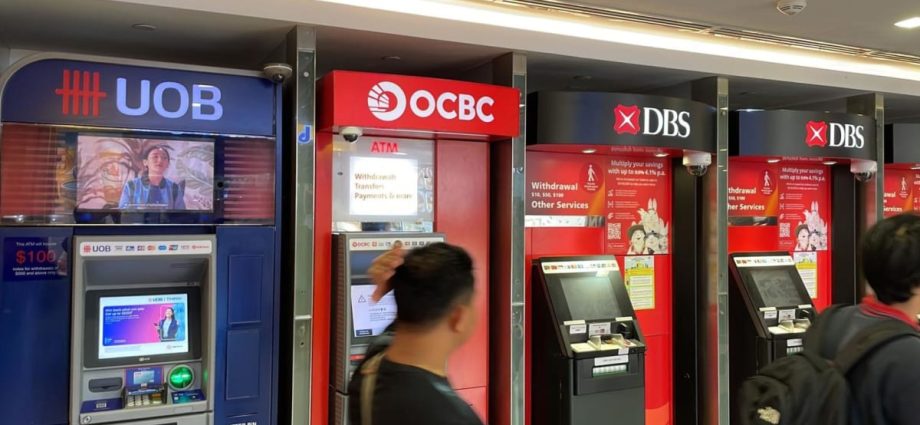
THE CHOICE BETWEEN ANTI-SCAM SECURITY AND HIGHER INTEREST
DBS Multiplier, OCBC 360 and UOB One are what most of us in the personal finance space refer to as “high yield savings accounts”.
And as a customer of all three banks, I keep the majority of my funds in each of these three accounts for the simple reason that it pays me more interest than any other account in the same bank would.
The money lock feature makes me wonder why I need to choose between keeping my funds in my existing accounts and earning a higher interest rate, or moving it into a scammer-proof account and settling for a significantly lower rate.
I can’t say I’m happy with the latter, which is why I opted to lock my funds only in OCBC since it does not require me to give up any bonus interest that I’m already earning.
Interestingly, it seems that I’m not the only one with such reservations: Out of the 38,000 bank accounts that have reportedly activated money lock, OCBC customers make up 33,000 accounts.
Considering how Singapore is a prime target for scammers and that millions are being lost to scammers each month, it is disappointing that customers are being asked to choose between tighter security and higher interest rates.
Should we secure our funds but settle for a lower interest payout, or ignore the money lock feature entirely and continue collecting the usual interest on our existing high yield savings accounts?
The customer will have to decide, but it isn’t a pleasant decision.
Dawn Cher, also known as SG Budget Babe, runs a popular blog on personal finance and has a licence in real estate.

